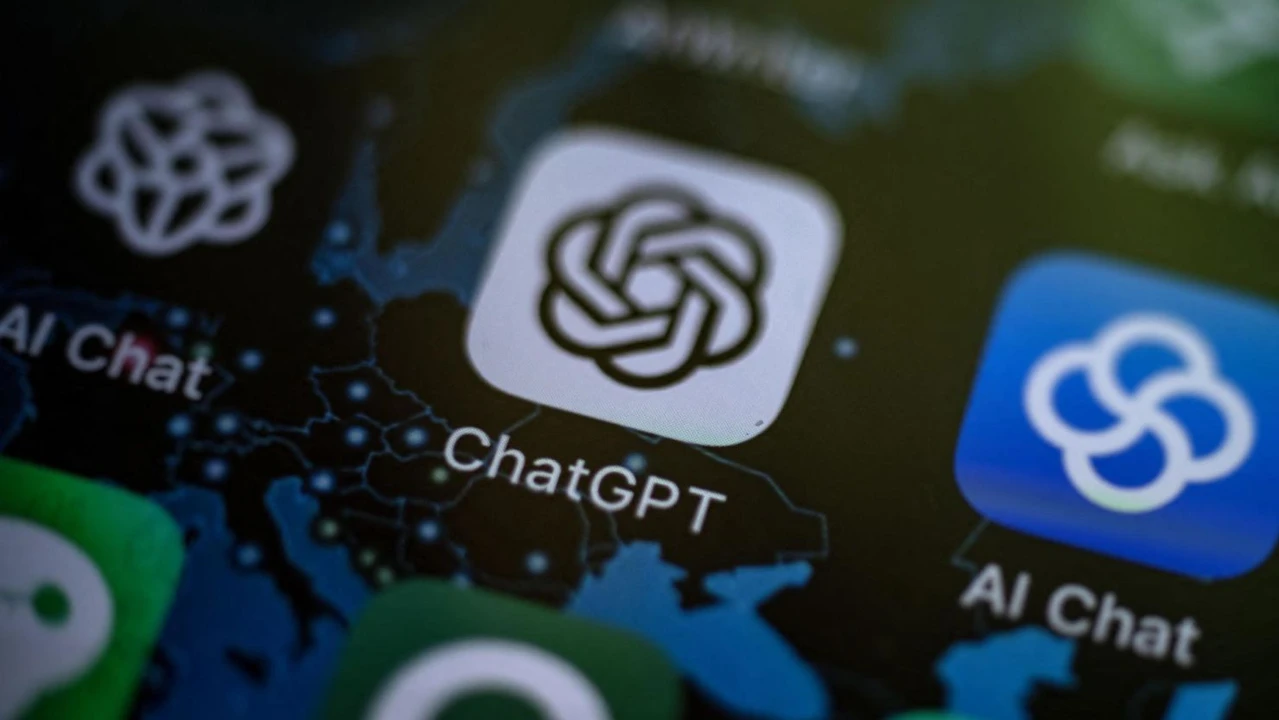OpenAI adds real-time search to ChatGPT, rivaling Google, Perplexity
 AI (Artificial Intelligence) smartphone app ChatGPT surrounded by other AI Apps in Vaasa, on Jun. 6, 2023. (AFP Photo)
AI (Artificial Intelligence) smartphone app ChatGPT surrounded by other AI Apps in Vaasa, on Jun. 6, 2023. (AFP Photo)
In a significant move to diversify its capabilities, OpenAI launched ChatGPT Search on Thursday, a feature within its popular chatbot that offers real-time search options for users.
Positioned as a direct rival to traditional search engines, ChatGPT Search provides instant access to sports scores, stock quotes, news updates, weather forecasts, and more, powered by a blend of real-time web searches and partnerships with news and data providers.
After beta-testing the feature—dubbed “SearchGPT”—since July, OpenAI rolled it out more broadly, prompting speculation about its potential impact on the dominance of Google in the search industry. Since the launch of ChatGPT in 2022, the market has seen shifts, and Alphabet’s stock slipped by about 1% on the news of OpenAI’s latest feature.
The release also places OpenAI in a closer rivalry with Microsoft, despite Microsoft’s substantial $14 billion investment in the company. The two companies’ search products—ChatGPT Search and Microsoft’s Bing—are now in direct competition, along with other Microsoft AI tools such as Copilot.
In response to questions from users about ChatGPT’s use of Bing, OpenAI’s engineering VP, Srinivas Narayanan, acknowledged that the feature draws on multiple services, including Bing.
OpenAI’s move to integrate real-time search functions in ChatGPT aligns it with Perplexity AI, a search-focused chatbot that also utilizes conversational AI to streamline online queries.
Perplexity’s similarity to ChatGPT Search could see increased pressure from OpenAI’s broader user base and integration of partnerships, potentially narrowing the competitive space for Perplexity.
By offering users access to news, data, and seamless follow-up questions within ChatGPT, OpenAI’s chatbot may lure users seeking more comprehensive search experiences, challenging Perplexity’s niche in AI-driven search.
For OpenAI, ChatGPT Search’s introduction also represents the latest development of its GPT-4o model, which is partially powered by third-party search engines and curated content from media organizations. “Search is my favorite feature we have launched since ChatGPT’s debut,” CEO Sam Altman posted on X.
He noted that the tool allows users to “search in a more natural, intuitive way” and conduct follow-up inquiries within the same conversation. Altman also stated that the feature would be particularly useful for complex queries.
Feedback from OpenAI’s SearchGPT prototype shaped the current product, and the company has hinted at future enhancements, including expansions in shopping and travel functionalities.
OpenAI’s newly released blog describes a system that can initiate searches based on user prompts, with an option to manually activate the search through an icon. Additionally, search results now contain links to sources, allowing users to access the original articles through a “Sources” button.



